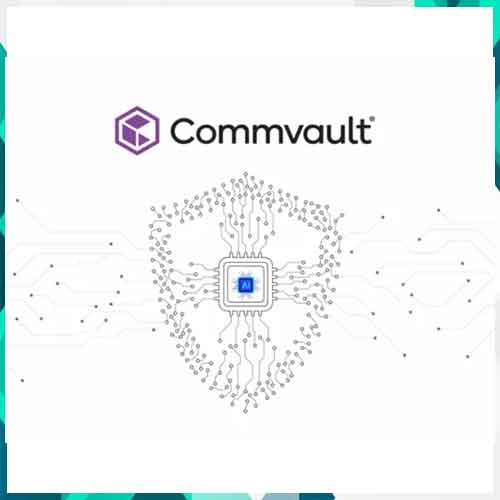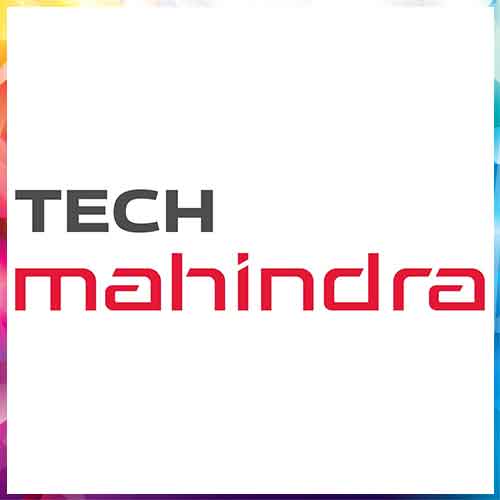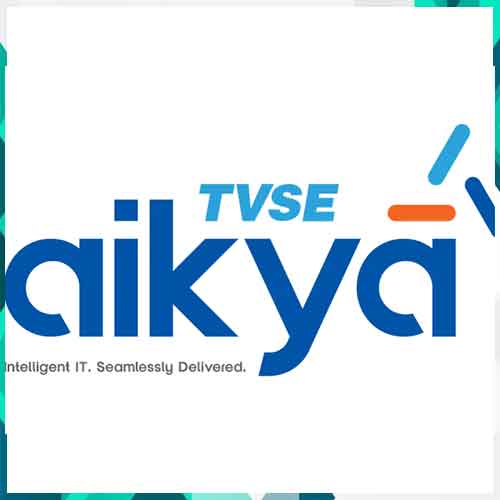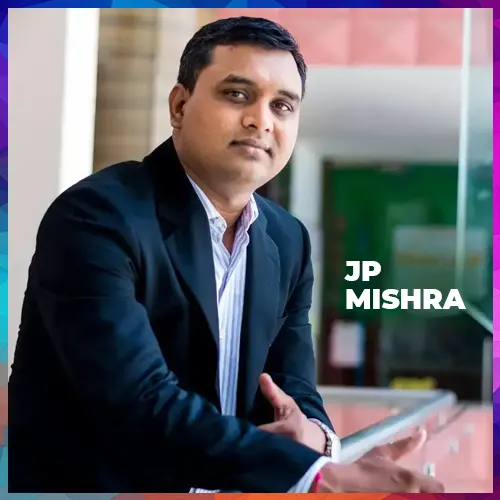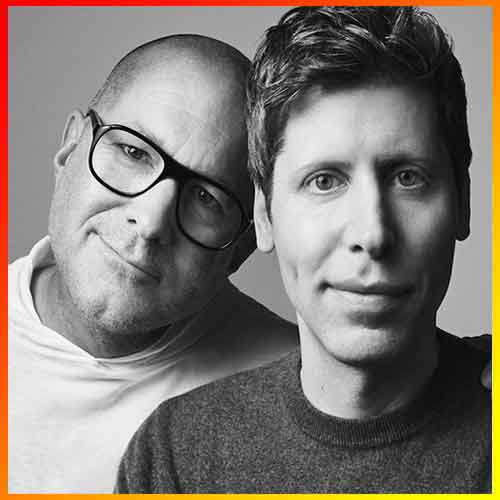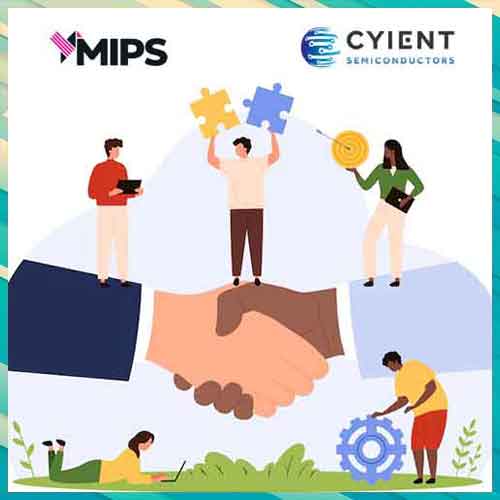
The Information Technology revolution in the world in the last two decades has transformed our lives and thoughts significantly and touched the lives of millions of people in developing nations like India to a great extent. This revolution had actually started with telegraph and telephone in the nineteenth century, continuing with broadcast media like radio and television in the mid- twentieth century along with networks like Ernet in India and Ethernet in the US. The most recent instrument of change has been the "Information & Communication Technologies" (ICTs) which majorly rode the waves of worldwide web but do involve other critical knowledge and application spheres being explored by the human mind everyday.
The revolution is phenomenal and logically follows other historical revolutions such as the first Industrial Revolution and its sequel based on chemical and industrial industries. The magic of the most recent revolution lies in its speed and fast spread. For example, the printing press took a century to affect fifty million readers, the radio took 38 years to reach the same level and television thirteen. The Internet, on the other hand, reached the 50-million mark in just four years. With this kind of explosion in the information and knowledge flow, the expectations and claims have been vociferous for Utopian things like complete transparency in communities and administrations, sea change in human communication and culture, etc.
As a matter of fact, there is a huge gap in the accessibility of ICTs and Internet between the North inhabited by the rich and educated people in the developed countries mostly western and the south dwelled by the poor and less educated, lesser privileged humans spread across the developing countries.
Along with this first divide, a second digital divide is there which can be termed as linguistic and cultural - the English-speaking population and the non-English-speaking ones. This is also connected with the issue of a new species of elite who leveraged well the best of modern education and technology absorption. The 50 or so million people of India who are fluent in English and familiar with the latest mantras of the information era are, by no way, the representatives of India as a nation. Considering that there would be about 100 million children in India going without schools, what benefit will the computers bring to us as a nation. Where should the money be spent more fruitfully: in areas like education, food, health, housing and such basic sectors, or ICTs?
Though there are vast unmet basic needs in America too, it is with us the Indians that the digital divide remains a glaring issue open for resolution. After all, the computer and Internet connectivity would only make sense in the lives of our majority of people once these facilities and tools bring them more direct help to survive. ICTs should be used for maximum contribution to our people's basic needs. ICTs and Internet are only the means to an end and our country's ends are only too specific, roti, kapra aur makan.
The vast e-governance planning megalith constructed by the union government and supported and augmented by the state governments are, no doubt, mission statements to these ends only. ICTs are seen and projected as empowering tools which will electrify and organically transform rural and bottom-scale urban societies from passive to active citizens and create decision- makers out of the masses.
The digital divide in India is not probably just a phenomenon of information technology alone. It is more about our more basic problems in material and moral terms. It is about our poverty, backwardness, lack of education and healthcare, housing and economic security, and, above all, our human values. India is a country of religions and exploitation. We have as many gurus with as many scams. Laptops and Internet connectivity are not real solutions to the question of digital divide. Education and human values are.
The decision-makers have a crucial role to play. The decisions are made by people with some money, power and control. As long as there is economic and cultural divide, the people with power and privilege have to play a Big Brother's role. They have to deal with more care and less greed. The profit motive must be restrained and mellowed by social sense. Something Gandhi called the role of a trustee.
See What’s Next in Tech With the Fast Forward Newsletter
Tweets From @varindiamag
Nothing to see here - yet
When they Tweet, their Tweets will show up here.





